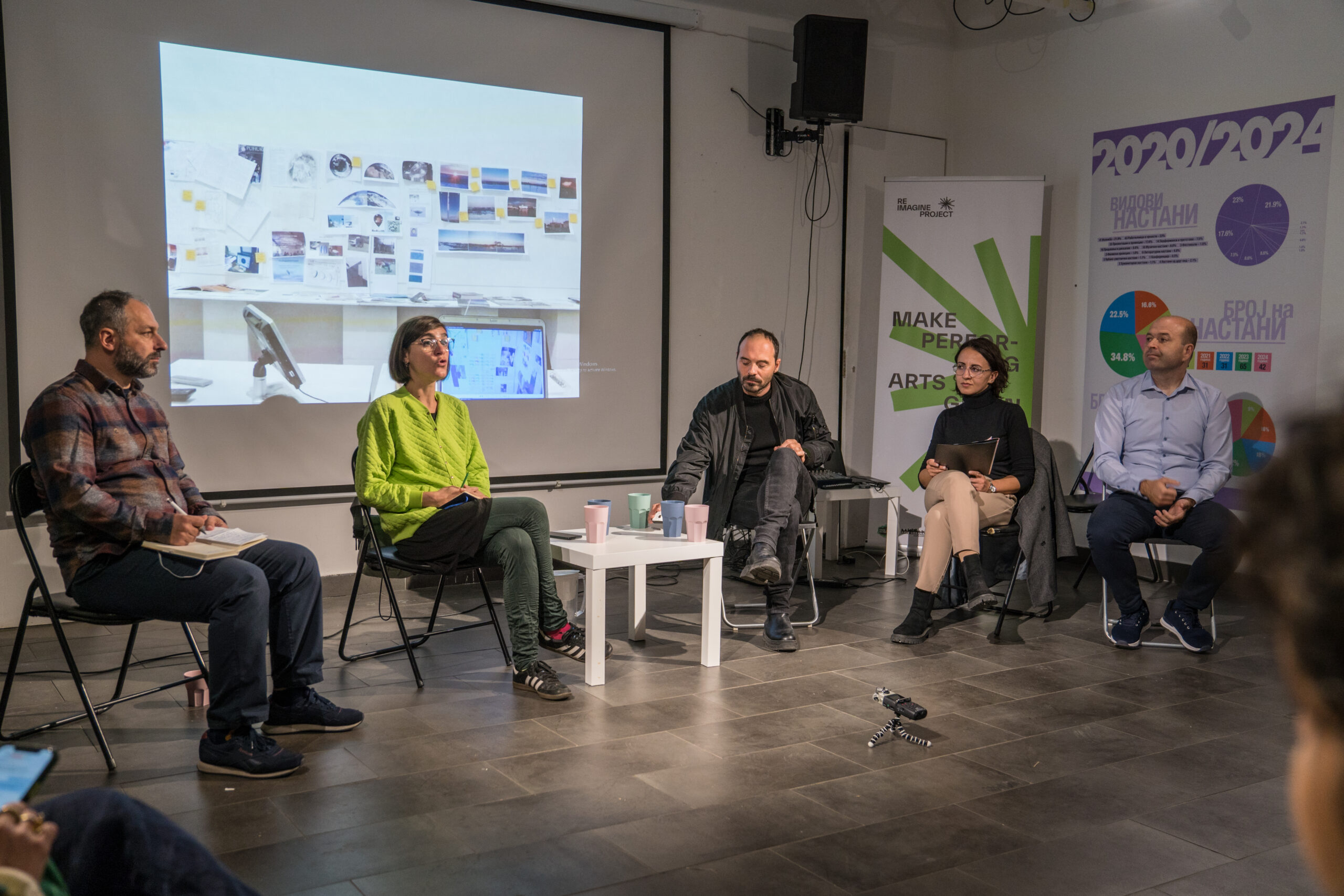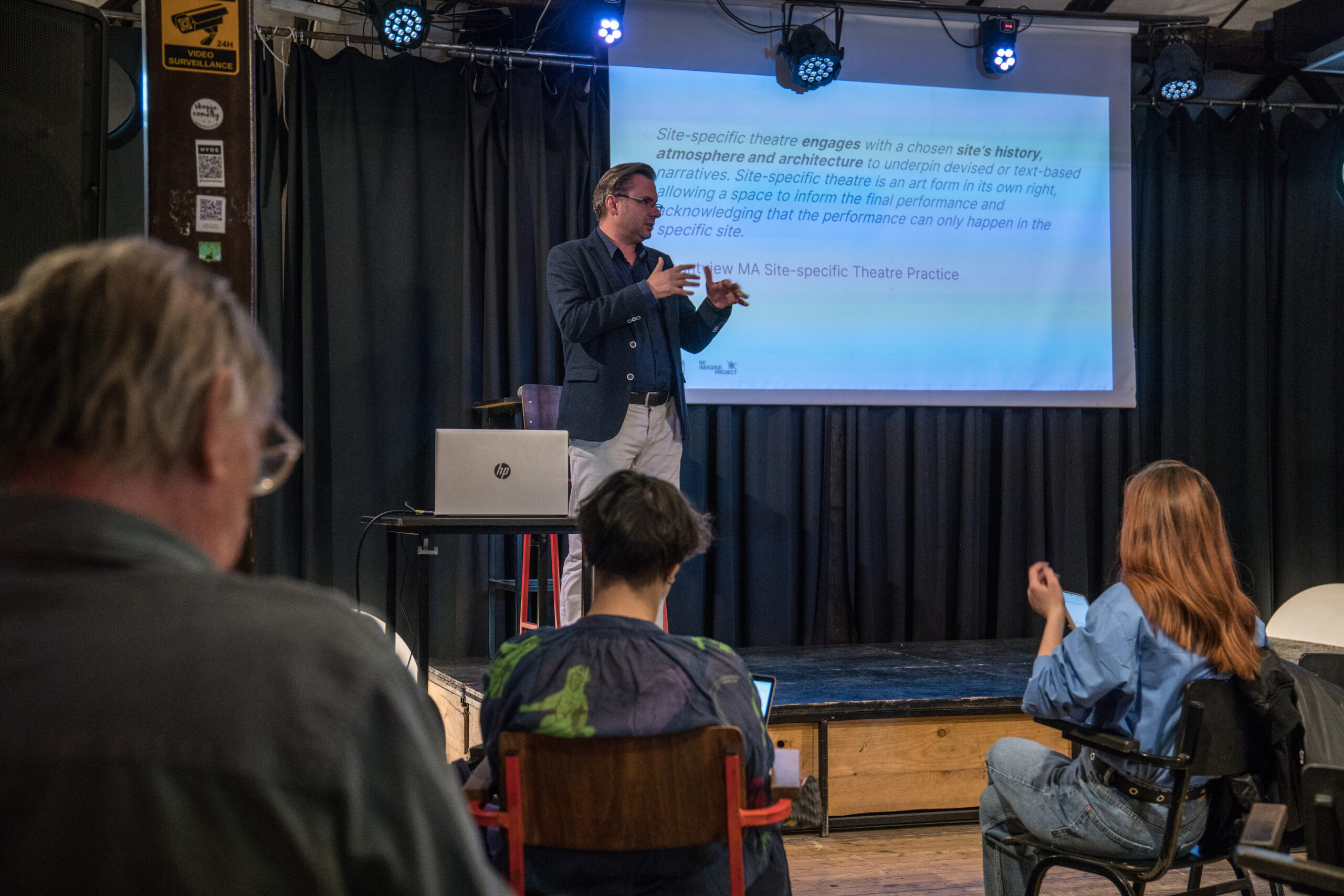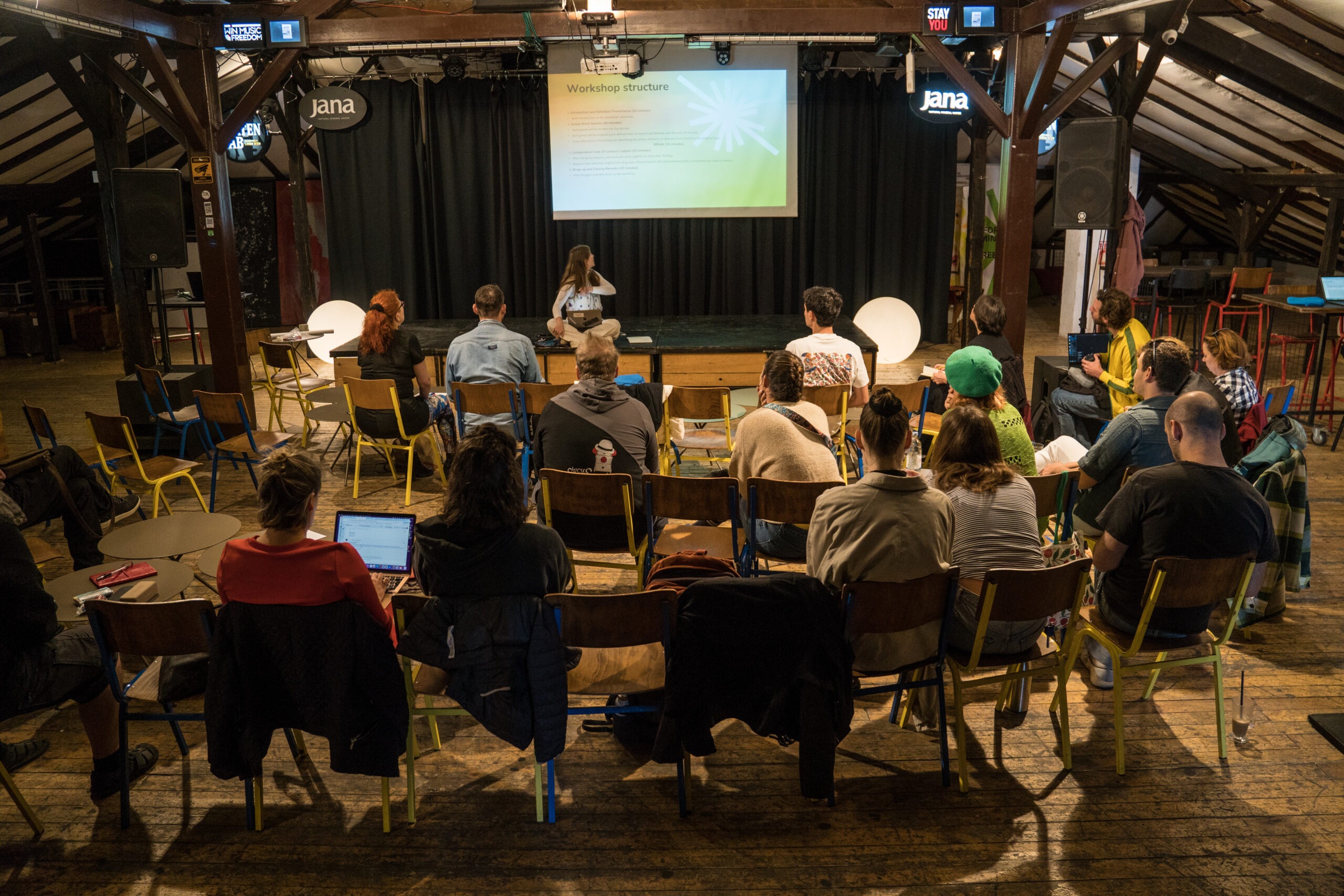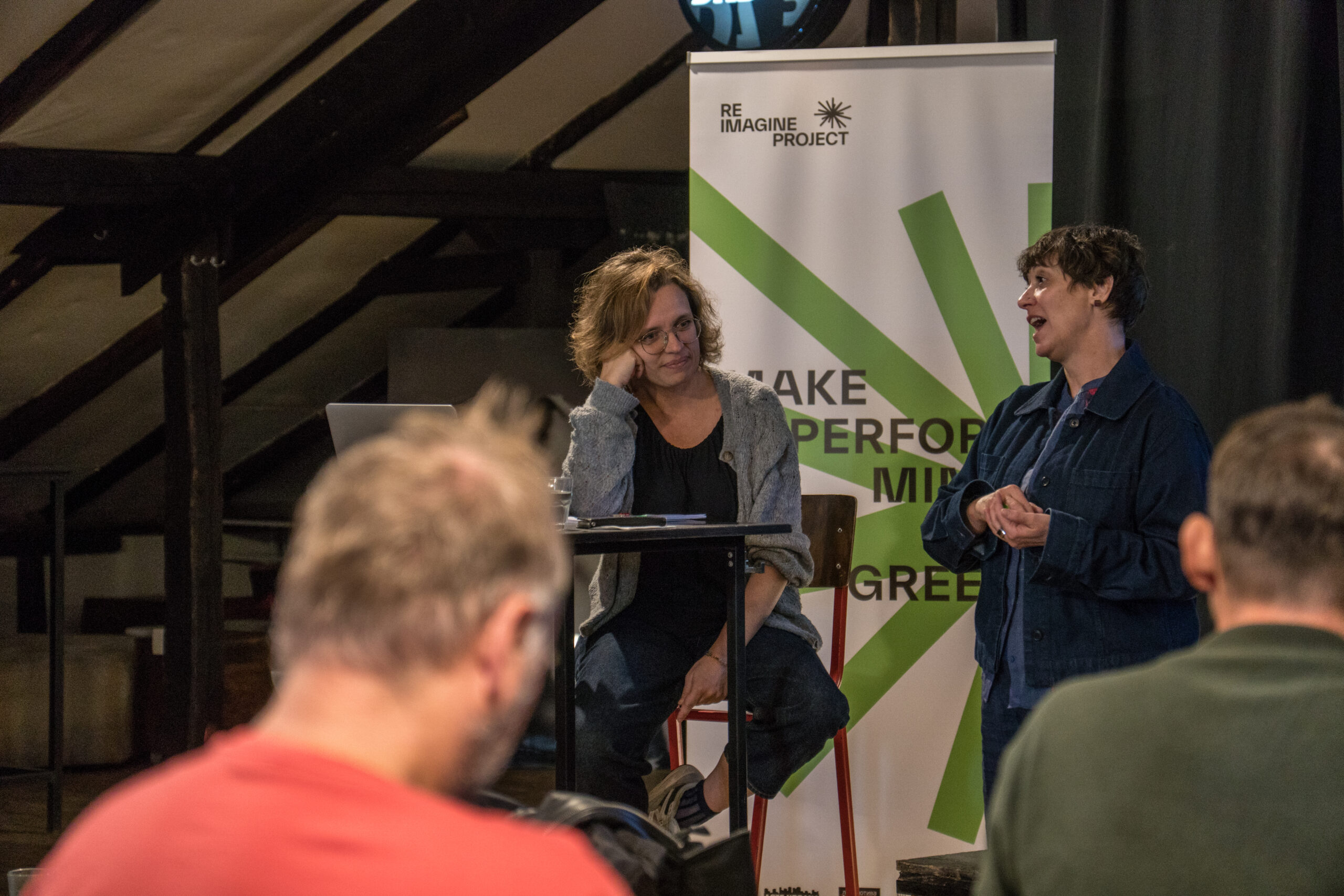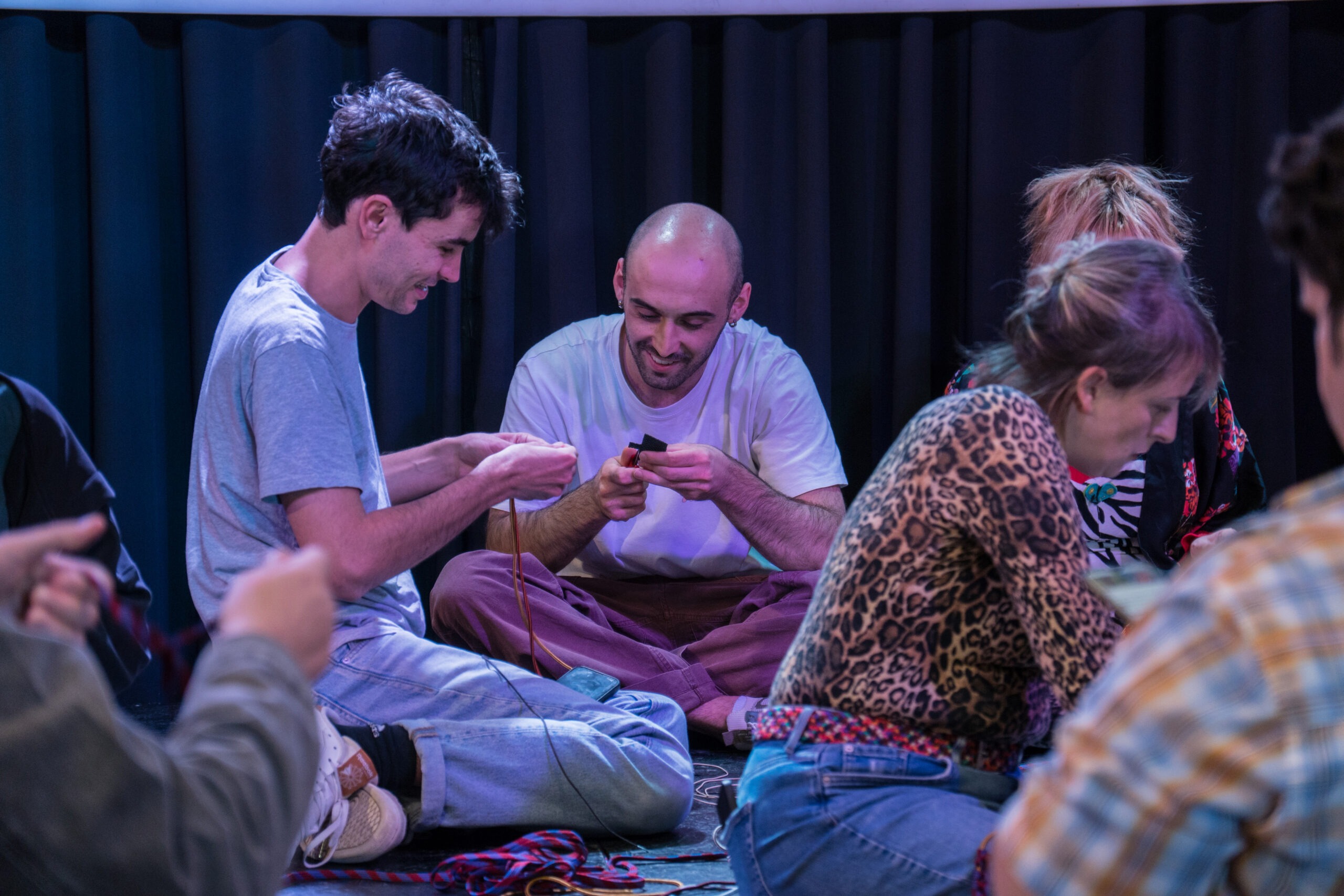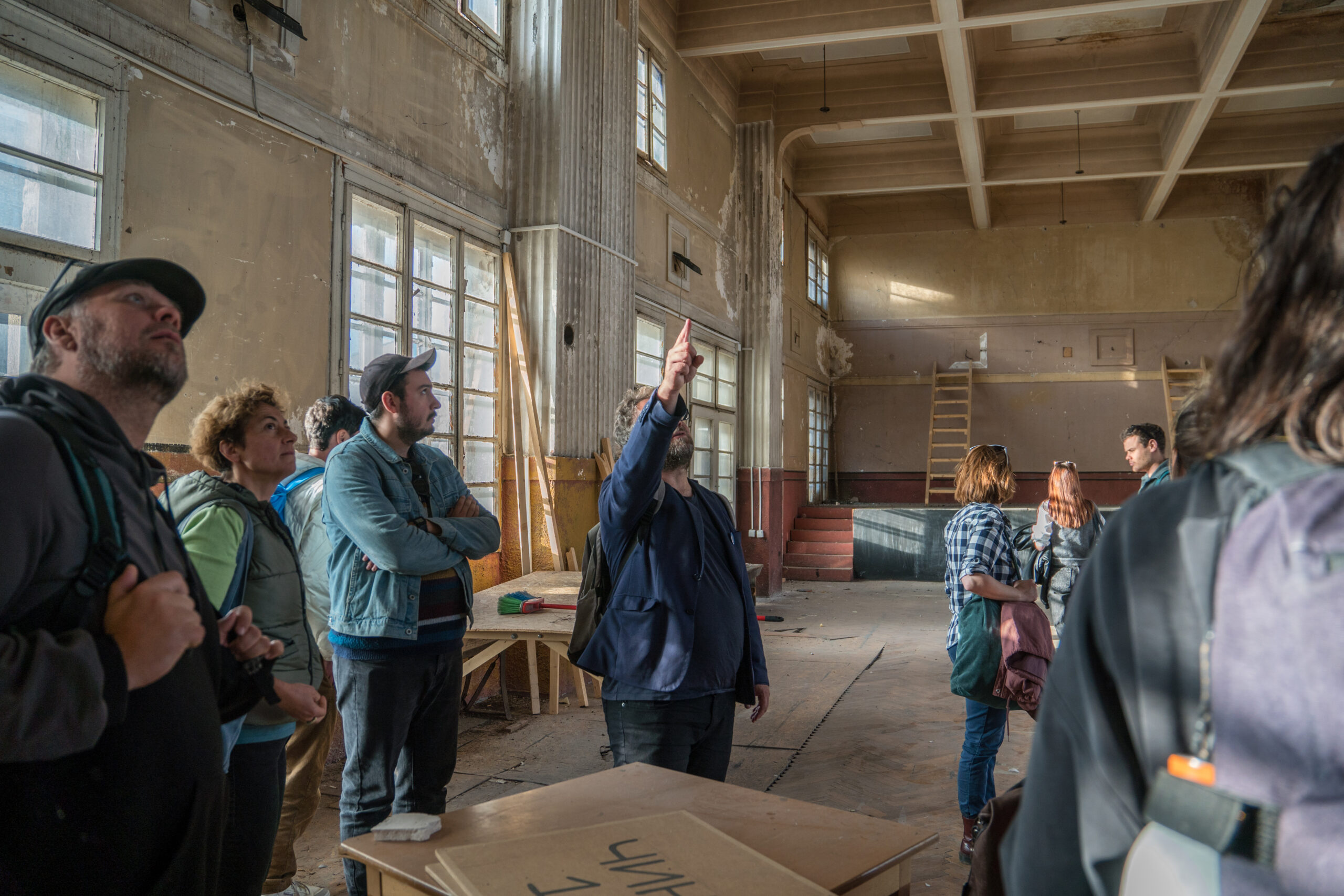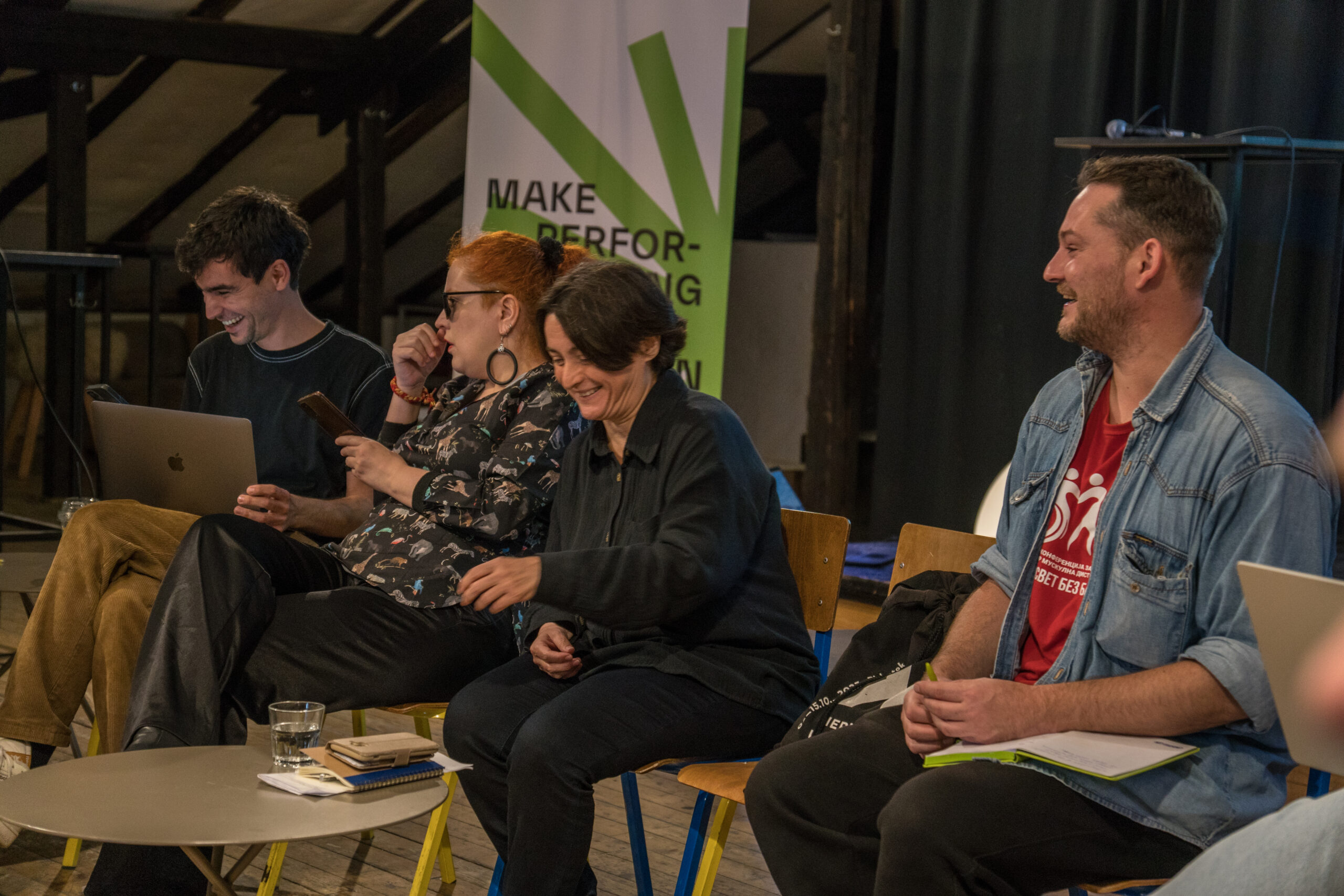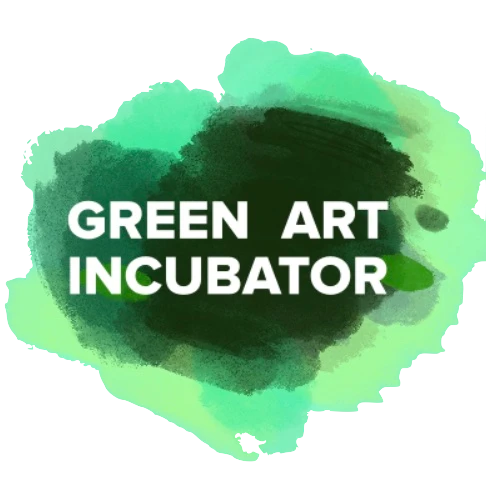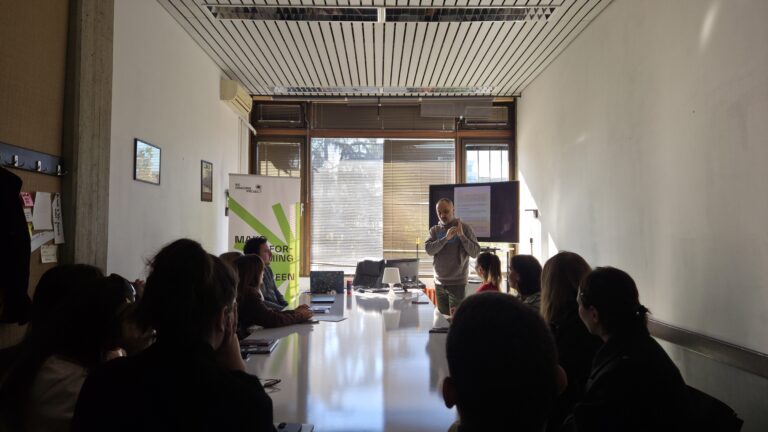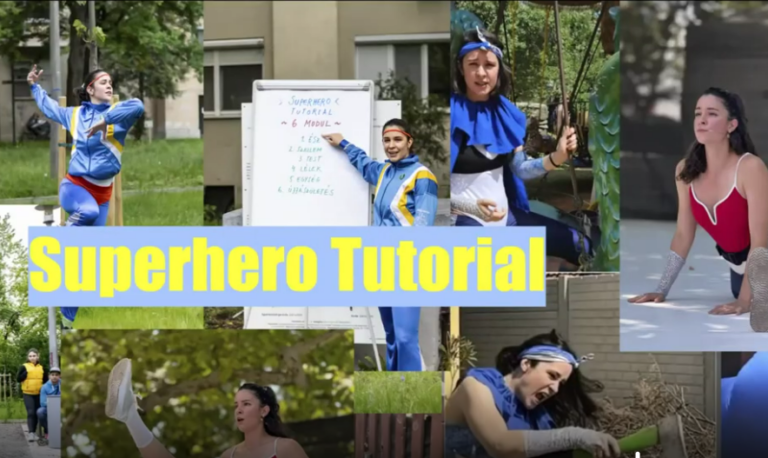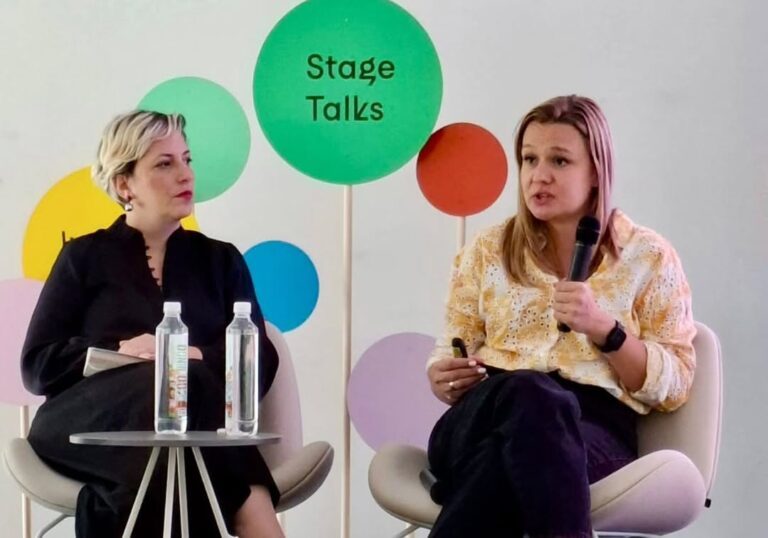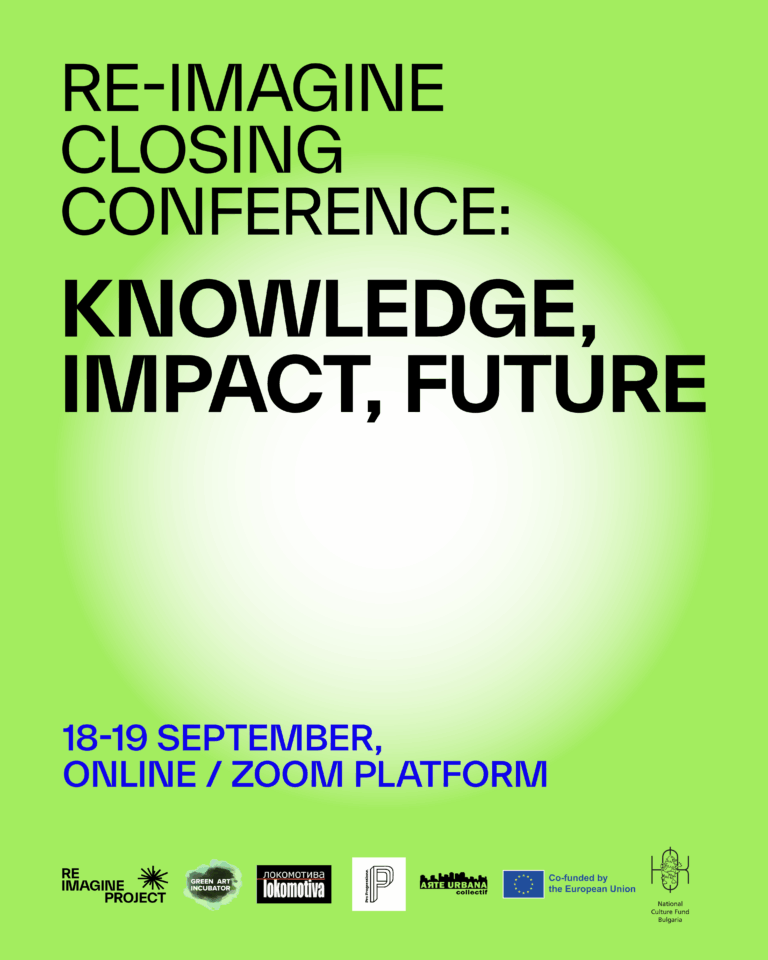From September 30 to October 4, 2024, the city of Skopje, North Macedonia, hosted the third residency of the Re-Imagine project titled Green Artistic Approach and Production. Organized by Lokomotiva – Centre for New Initiatives in Arts and Culture, this residency continued the project’s mission of greening the performing arts sector by focusing on innovative green artistic approaches and sustainable production models.
The program once again gathered 24 participants, artists, and producers from 12 organizations and collectives across Serbia, Bulgaria, Hungary, and North Macedonia. Selected through an open call, these tandems embarked on a journey to integrate environmentally sustainable practices into their artistic work while continuing to develop their project ideas.
The residency kicked off with a discussion on Green Partnerships, Policies, and Politics, bringing together experts in diverse fields and participants to explore the potential of the environmental shift within the sector, emphasizing the importance of interdisciplinary approaches and partnerships.
Participants were also given an insightful lecture by Ksenija Marković Božović from Green Art Incubator on Material Hierarchy, focusing on reuse, recycling, and sustainable design within the performing arts. The session provided participants with practical insights and tools to rethink how materials are sourced and used in production.
Another highlight of the program was the session led by Christa Spatt, titled Green as a Creative Challenge which explored the means of embedding ecological themes within the creative process and the complications that arise when merging artistic vision with sustainability. This discussion inspired participants to approach their projects with a fresh perspective on the relationship between art, nature, and social responsibility.
Additionally, Dimitar Uzunov’s (Arte Urbana Collectif) lecture on Site-Specific Theatre opened new horizons by encouraging participants to engage with their environment as a stage. This sustainable approach to performance blurs the boundaries between fiction and reality, urging artists to rethink traditional theatre spaces in favor of more eco-friendly and immersive settings.
Another pivotal part of the residency was the Green Code of Conduct lecture/workshop, led by Dorka Gadus from Pro Progressione, which provided participants with a practical framework for implementing eco-conscious and responsible practices in their artistic and production work.
Besides lectures, participants had the opportunity to engage in hands-on workshops such as Straps from Scraps, led by designer Jana Acevska, where they created practical items from leftover materials, highlighting the importance of recycling in creative processes. The residency also featured peer mentoring sessions, enabling participants to present and refine their project ideas with feedback from fellow artists and mentors. This collaborative atmosphere fostered a sense of community and mutual support as participants advanced their green production plans.
In addition to the core residency activities, participants were treated to an insightful Kitch Tour led by Ivana Dragsic, which explored the controversial Skopje 2014 urban redevelopment project. This tour highlighted the oblivious and damaging aspects of a “nation-building” initiative that deeply impacted Skopje’s public spaces, green areas, and urban environment. The participants learned about the social and environmental effects of the project through storytelling and group exploration.
Another engaging element of the side program was the Reading Buildings: Theatre Analogies workshop by Filip Jovanovski, which engaged participants in the If Buildings Could Talk initiative. This innovative method focused on “reading” buildings as active spaces, rather than static structures, blending elements of architecture, visual, and performing arts to create an experiential, transformative process. Held at the Architectural Faculty in Skopje and the Railway Residential Building, this interdisciplinary workshop emphasized the cultural significance of public spaces and their preservation.
The residency concluded with an intensive pitch preparation session, where participants refined their project presentations in anticipation of the final pitch event.
Stay tuned for updates on the Re-Imagine project as the final residency on Sustainable Distribution and Promotion approaches in January 2025, bringing this transformative journey to a close.
The Re-Imagine project is co-funded by the Creative Europe program of the European Union. Views and opinions expressed are those of the authors and do not necessarily reflect those of the European Union or the European Education and Culture Executive Agency (EACEA). Neither the European Union nor EACEA can be held responsible for them.
